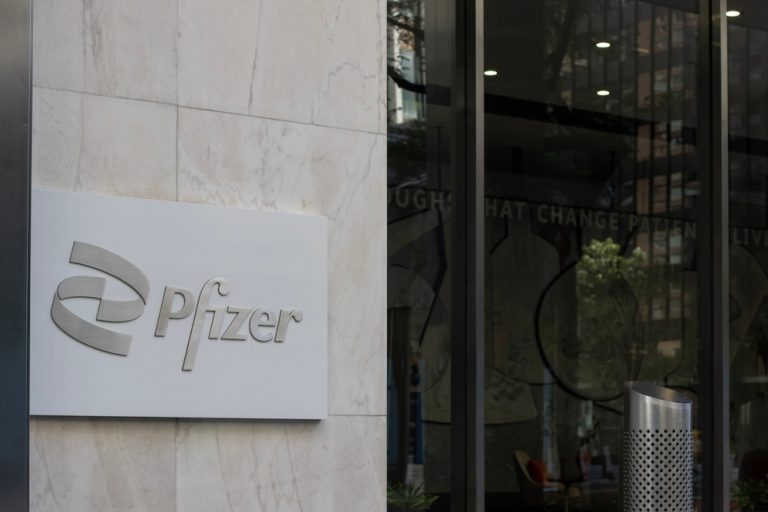In a move that has stirred the tech community, Elon Musk has initiated a lawsuit against OpenAI, the organization behind ChatGPT, which he co-founded in 2015. Musk’s legal challenge is not just against the company but also includes OpenAI’s CEO, Sam Altman. The heart of the dispute lies in what Musk perceives as a deviation from the company’s foundational ethos of open-source, non-profit operation aimed at benefiting humanity. Instead, Musk alleges, OpenAI has shifted its focus towards maximizing profits, particularly to the benefit of its primary investor, Microsoft. This lawsuit, filed in San Francisco, marks a significant moment in the evolving narrative of AI development and the ethical considerations surrounding it.
Elon Musk’s concerns stem from a belief that OpenAI has strayed from its original mission. “This case is filed to compel OpenAI to adhere to the Founding Agreement and return to its mission to develop AGI for the benefit of humanity, not to personally benefit the individual Defendants and the largest technology company in the world,” the lawsuit contends. This legal action underscores a deepening rift over the direction and control of AI technologies, particularly those as influential as the ChatGPT and its successors.
The controversy has been further compounded by recent events, including a tumultuous episode in November 2023 that saw Altman briefly ousted from the board amid accusations of opaque leadership. Musk has been vocal about his concerns, expressing them publicly on social media platforms and pointing to these “stunning developments” as evidence of Microsoft’s growing sway over OpenAI. The lawsuit specifically criticizes the partnership between OpenAI and Microsoft, which escalated to a multi-billion dollar collaboration following the success of ChatGPT, arguing that it prioritizes Microsoft’s commercial interests over open-source principles and public benefit.
Musk’s legal move also highlights the broader philosophical debate within the tech industry regarding the balance between profit, open access to technology, and the pursuit of philanthropic goals. This debate is particularly poignant given the origins of OpenAI and its initial commitment to artificial general intelligence development for the common good, a vision Musk and other co-founders championed.
As the legal proceedings unfold, the tech world watches closely, recognizing that the outcome could have far-reaching implications for the future of AI development and the ethical frameworks that govern it. Whether this lawsuit will steer OpenAI back toward its original vision or cement a new path forward remains to be seen. Yet, one thing is clear: the battle between Musk and OpenAI set against the backdrop of Microsoft’s involvement, is not just a legal skirmish but a fundamental clash over the soul of AI innovation. As observers grab their “popcorn,” the saga promises to illuminate the story of technology, power, and principle in the 21st century.






















